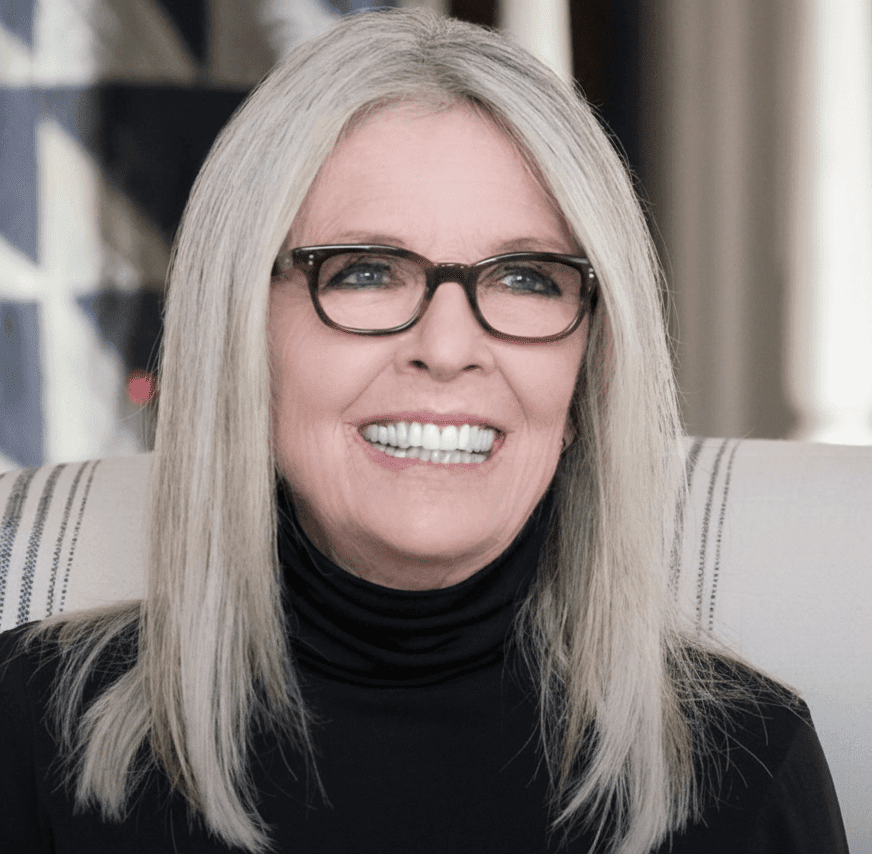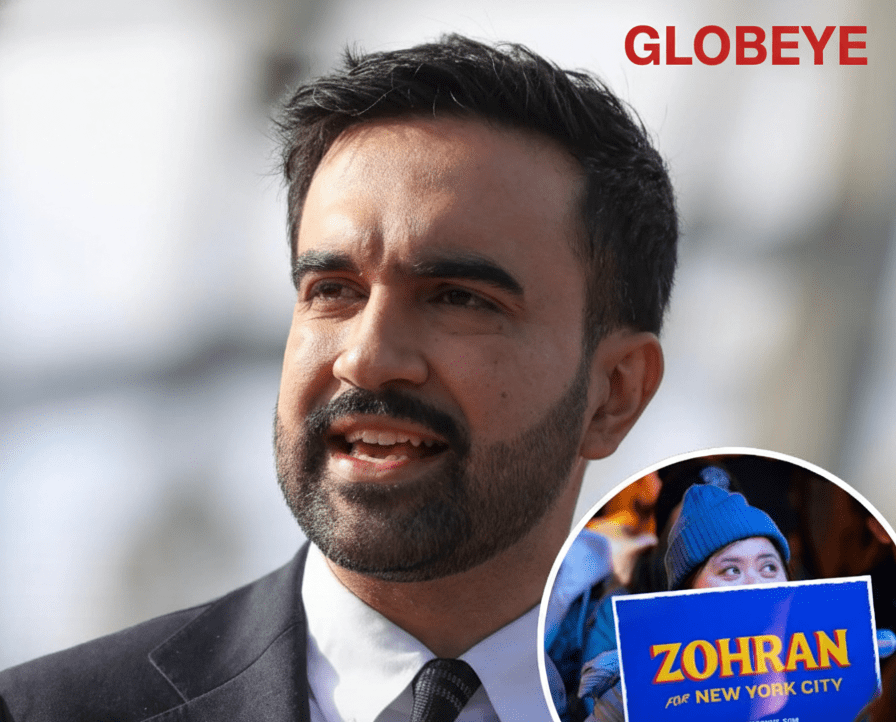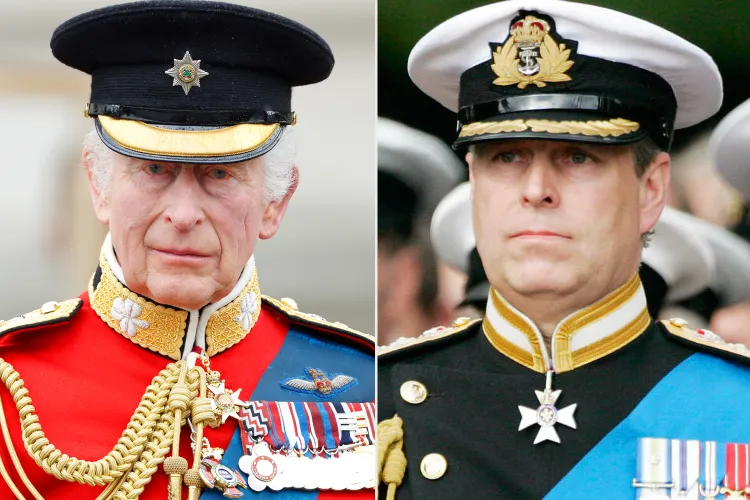Everything Diane Keaton Shared About Her Health Battles Before Her Death — Including Her Brave Fight with Cancer and Eating Disorders
Before her passing at the age of 79, Diane Keaton left behind a legacy of unmatched grace, authenticity, and courage — not only through her films but also through her honesty about her struggles with health, aging, and self-image. While the official cause of her death has not yet been confirmed, many fans have been revisiting the actress’s earlier interviews, where she spoke openly about her past health challenges, including her battle with cancer and her lifelong struggle with body image.
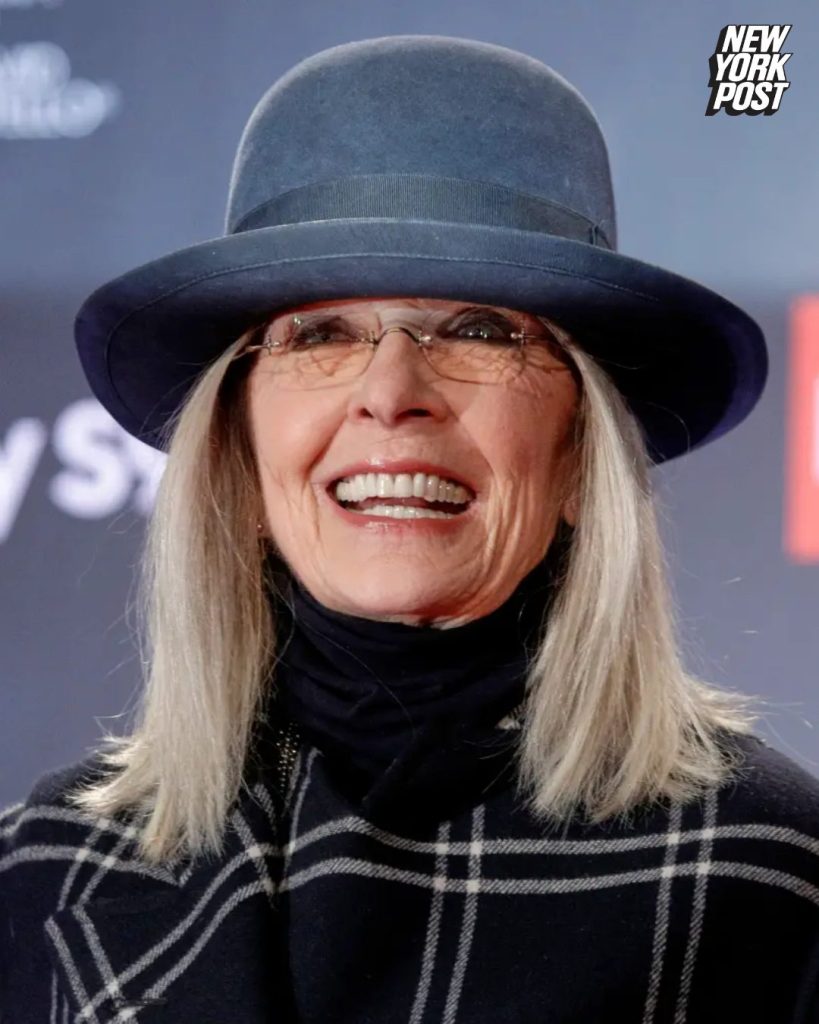
In a world that often hides vulnerability behind perfection, Diane Keaton stood out for her raw honesty. She was never afraid to talk about the uncomfortable parts of her journey, and that’s part of what made her so deeply loved by fans. In a 2019 interview, she revealed that she had previously been diagnosed with skin cancer, something she treated and managed for years. She was open about the toll that sun exposure had taken on her skin, frequently reminding younger generations about the importance of protection and early detection. For Keaton, it wasn’t just a health issue — it was another life lesson she wanted to share with her audience.
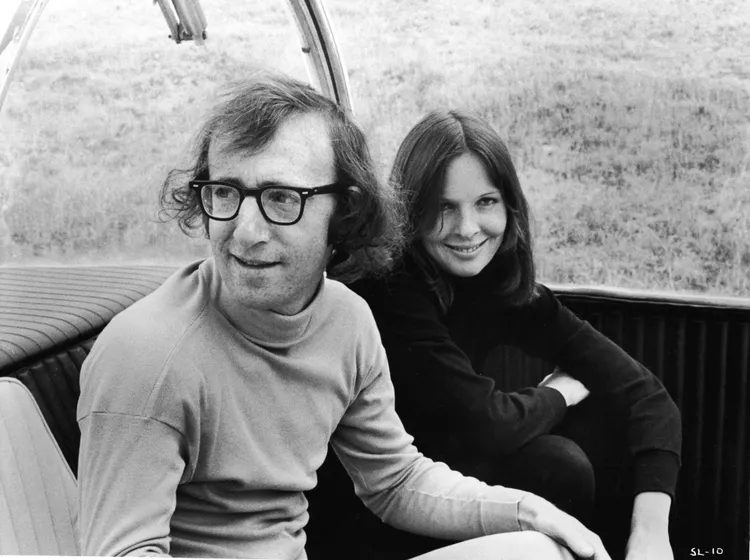
But perhaps one of the most revealing and emotional chapters of her story came when she discussed her experience with bulimia during her early Hollywood years. In her memoir and multiple interviews, she described how her eating disorder began in her twenties, during the years when she was rising to fame after Annie Hall. At the time, she admitted, she was consumed by unrealistic beauty standards and self-doubt. She would binge and purge, trying desperately to maintain an image she believed was expected of her. The pressure to stay thin, especially in an industry obsessed with appearance, drove her into a cycle of guilt and control that she later called “madness.”
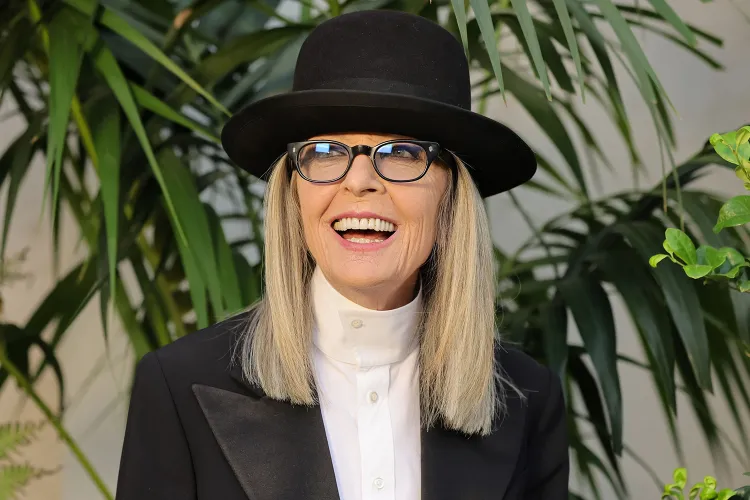
Keaton said that therapy and self-awareness helped her heal from that difficult period. She credited her later years, her family, and her independence for helping her find a sense of peace she never had in her youth. “I think you learn to like yourself over time,” she once said. “You stop chasing approval and start living.” It was a philosophy that defined her in later life — unapologetically eccentric, boldly fashionable, and always her authentic self.
Her openness about aging also made her an icon for women who felt unseen as they grew older. In interviews, she laughed about her wrinkles and silver hair, calling them “proof of survival.” Unlike many of her peers, she refused to hide the reality of getting older. “Why would I want to erase the years?” she said in one conversation. “They’re what made me who I am.”
Fans admired her ability to balance humor and honesty, even when talking about things most people would avoid. Whether discussing health struggles or insecurities, Keaton turned her vulnerability into wisdom. Her death leaves behind an emptiness in Hollywood, but her legacy remains alive through her words — words that taught people to embrace imperfection and live with grace.
In her final years, she often spoke about gratitude, family, and finding joy in small things. She adored her adopted children and frequently credited motherhood with changing her life. Even amid challenges, Diane Keaton found a way to keep her light — one that continues to inspire millions today.
Her voice was gentle but strong, her laughter infectious, and her courage timeless. Though she is gone, her truth remains — a reminder that even the most glamorous lives carry struggles, and that sharing them can heal not just oneself, but others too.
